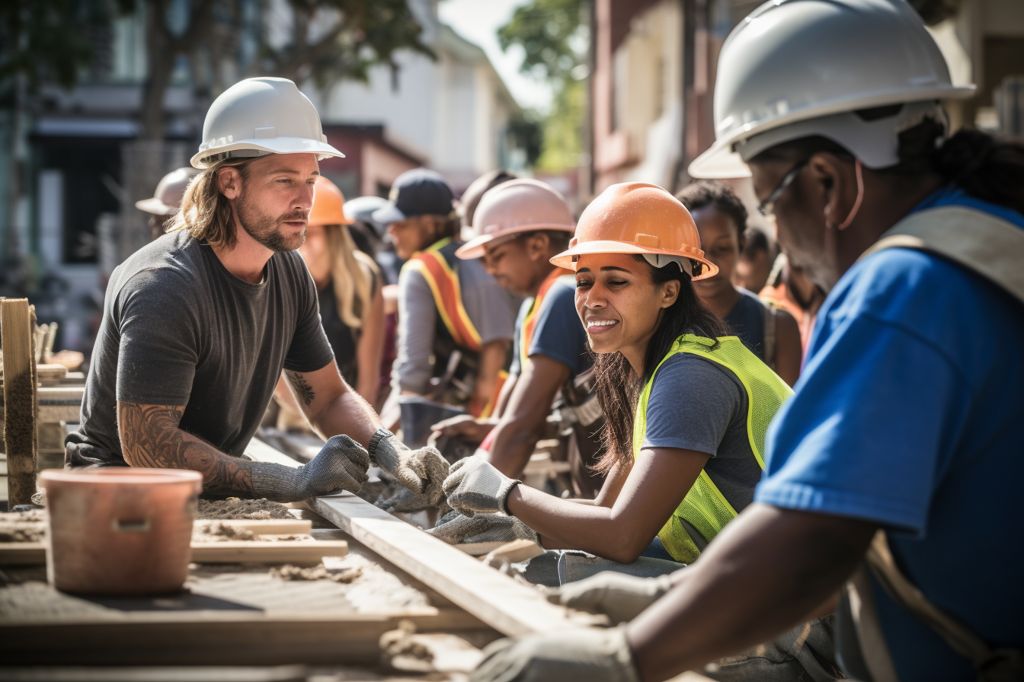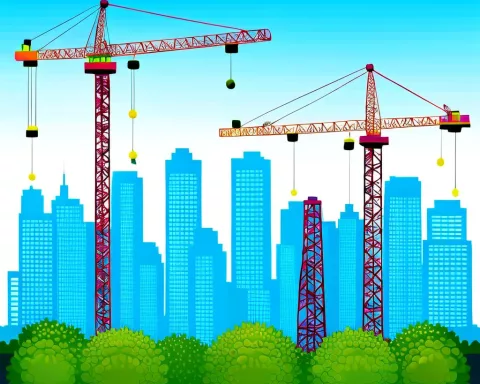South Africa’s political economy is a complex tapestry interwoven with historical injustices, aspirations for equality, and ongoing challenges presented by both global and domestic environments. Addressing income inequality, promoting economic transformation, managing natural resources sustainably, and fostering international partnerships are essential components of South Africa’s path towards inclusive and prosperous development.
Legacy of Apartheid and Income Inequality
The end of apartheid in the 1990s ushered in an era of hope, where political liberation became intertwined with economic aspirations. However, the legacy of apartheid still casts a long shadow over South Africa’s political economy. Decades of institutionalized discrimination created vast disparities in wealth and opportunities, with the majority of the population remaining marginalized and excluded.
Income inequality remains a significant challenge, with the World Bank reporting in 2022 that South Africa is the most unequal country globally, with race playing a key role in society. Despite progress, the gap between the rich and the poor remains alarmingly wide. This wealth concentration exacerbates social tensions and undermines the nation’s inclusive growth. Furthermore, a recent survey highlighted the disproportionate representation of white people in top management, occupying 62.9% of all positions in the private sector.
Economic Transformation and Empowerment Policies
To redress these imbalances, the South African government has pursued economic transformation and empowerment policies, such as Broad-Based Black Economic Empowerment (B-BBEE) initiatives. While these policies aim to create a more representative and inclusive business landscape, their effectiveness and impact continue to be subjects of debate.
Investing in Quality Education
Apart from income inequality, education also plays a crucial role in addressing disparities in society. Investing in quality education, especially for historically disadvantaged communities, equips individuals with the knowledge and skills needed to participate meaningfully in the economy. This, in turn, reduces income inequality and promotes social mobility.
Natural Resource Management and Diversification
South Africa’s rich natural resources, including minerals, play a pivotal role in its economic landscape. The mining sector, in particular, has historically been a cornerstone of the nation’s economy. However, the reliance on finite resources poses challenges, such as environmental degradation, resource depletion, and vulnerability to global commodity price fluctuations. Therefore, diversification and sustainable resource management are essential for South Africa’s future economic resilience.
Governance and Foreign Relations
South Africa’s political stability, sound governance, and commitment to the rule of law are crucial in attracting foreign investment and fostering economic growth. The pursuit of balanced international trade agreements and collaborations ensures South Africa’s integration into the global economy while protecting its domestic industries.
Critical Aspects for Inclusive Growth and Economic Reforms
As South Africa navigates these challenges and strives to achieve inclusive growth, several critical aspects emerge in the future political economy:
- Inclusive Growth and Economic Reforms: Ongoing efforts to address income inequality and empower marginalized communities through job creation, skills development, and entrepreneurship.
- Economic Diversification: Encouraging sectors such as renewable energy, technology, tourism, services, and green economy to increase their contribution to long-term sustainability and resilience.
- Infrastructure Development: Enhancing infrastructure networks to support industrialization, trade facilitation, and regional integration while addressing historical disparities in access to services.
- Anti-Corruption and Governance: Tackling corruption, enhancing transparency, and improving accountability to attract investment, foster trust, and ensure efficient resource allocation.
- Social Welfare and Poverty Alleviation: Expanding social safety nets, improving access to quality education and healthcare, and implementing targeted interventions to uplift vulnerable populations.
- Foreign Relations and Trade: Strengthening ties with African nations, deepening partnerships with emerging economies, and pursuing mutually beneficial trade agreements.
- Technological Advancements: Embracing digitalization and technological advancements to promote innovation, foster digital literacy, and encourage the growth of the technology sector.
In conclusion, South Africa’s future political economy will be shaped by a multitude of internal and external factors. Successfully navigating challenges, implementing reforms, and leveraging strengths will play a vital role in shaping the nation’s economic trajectory and achieving its goal of inclusive and prosperous development.









